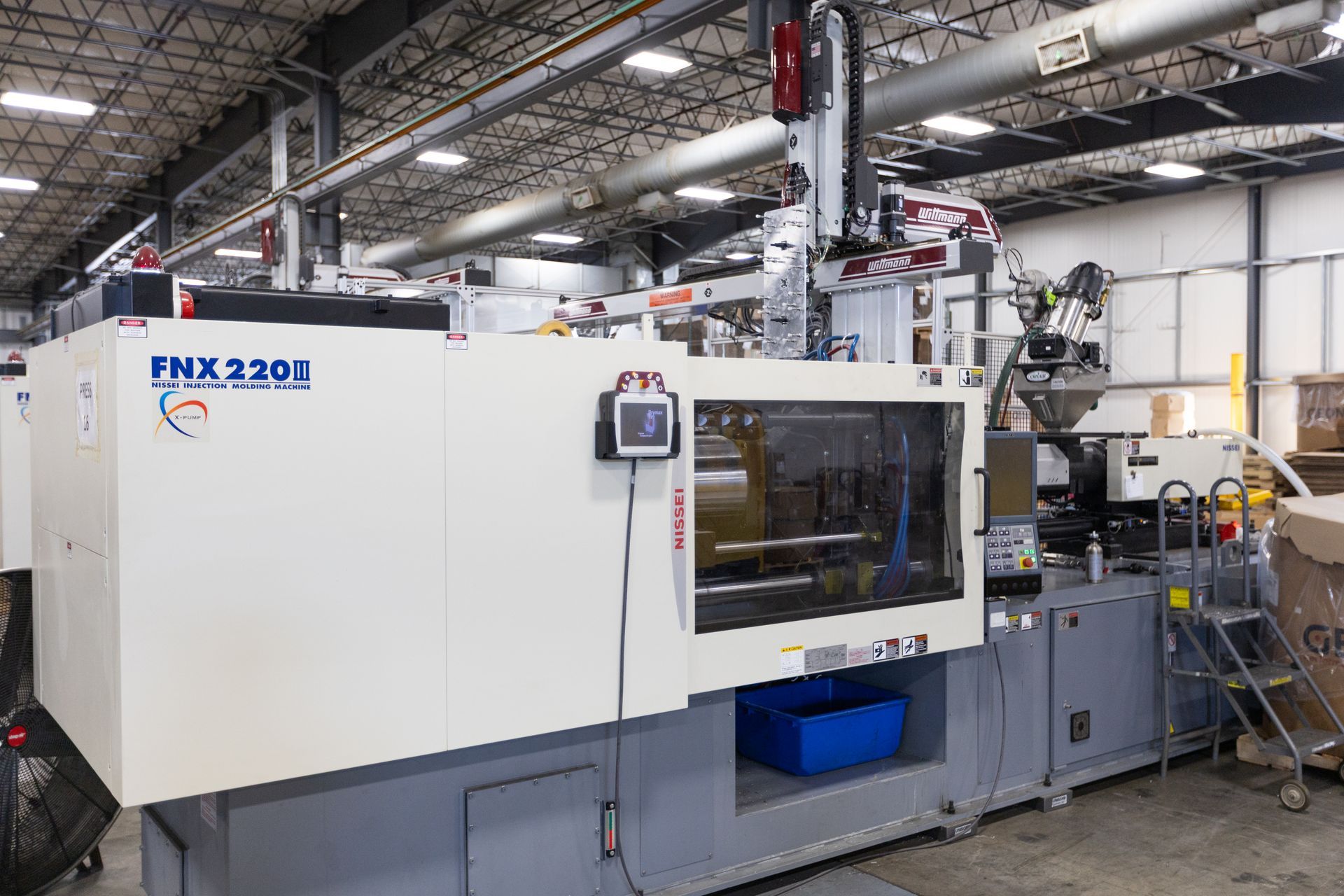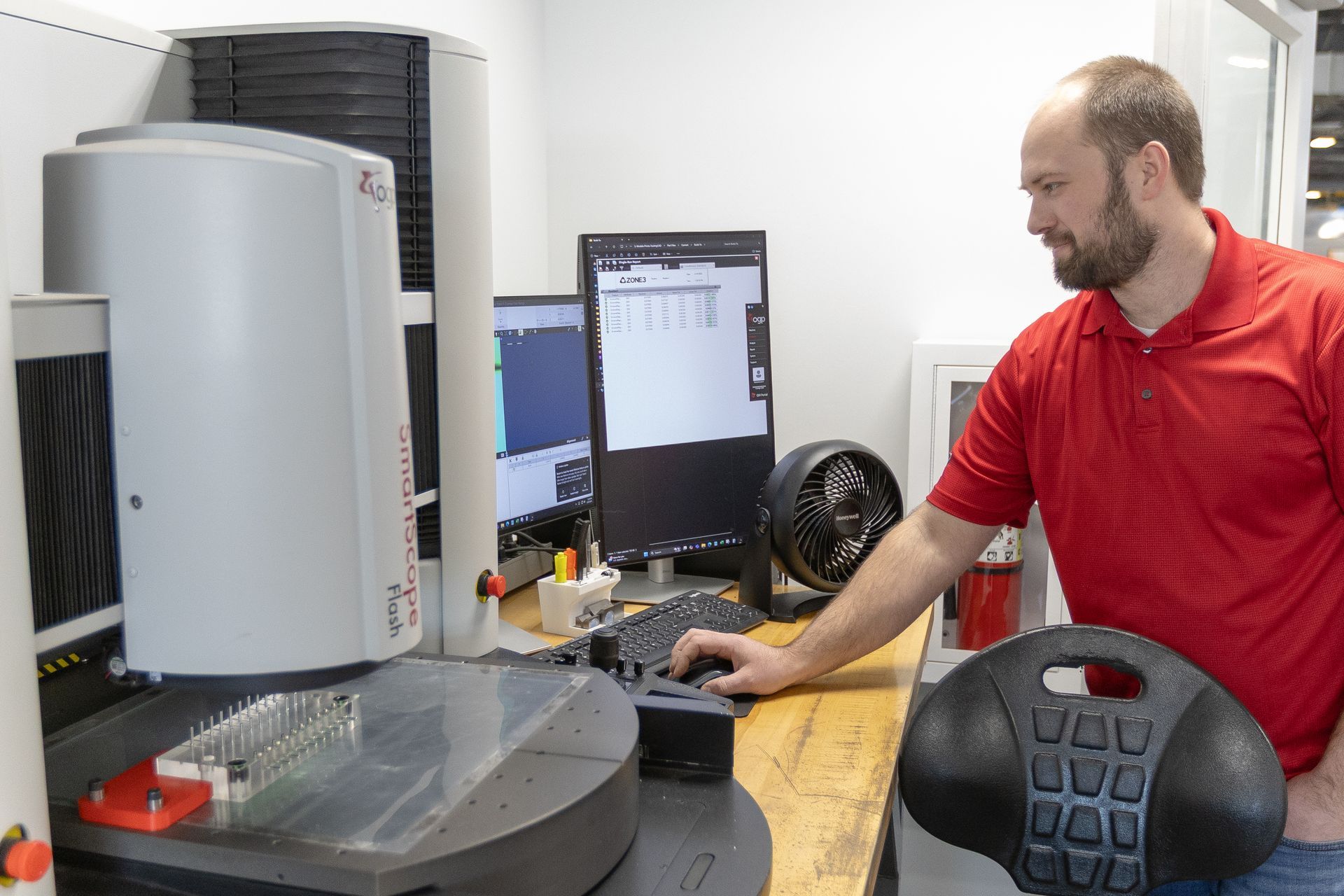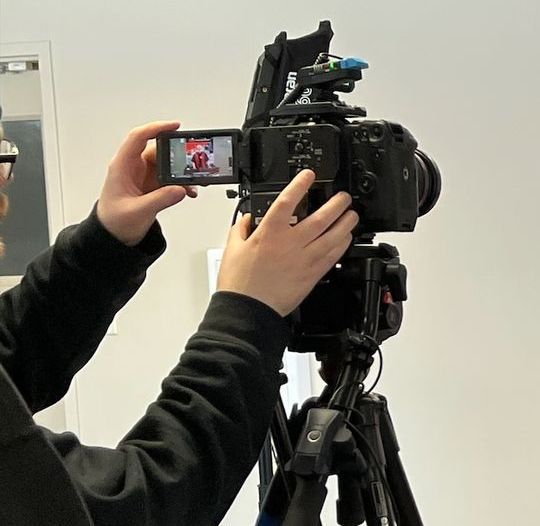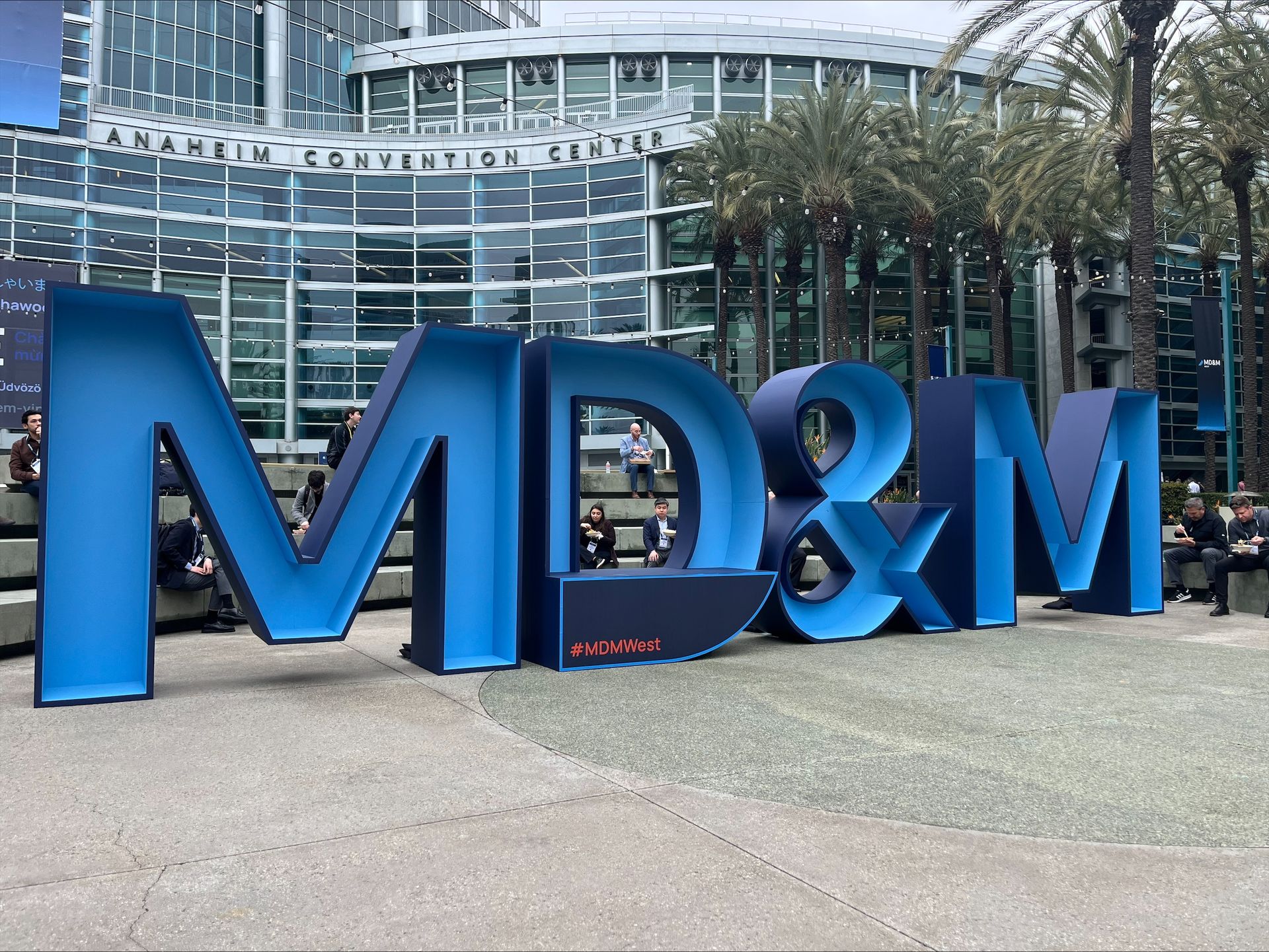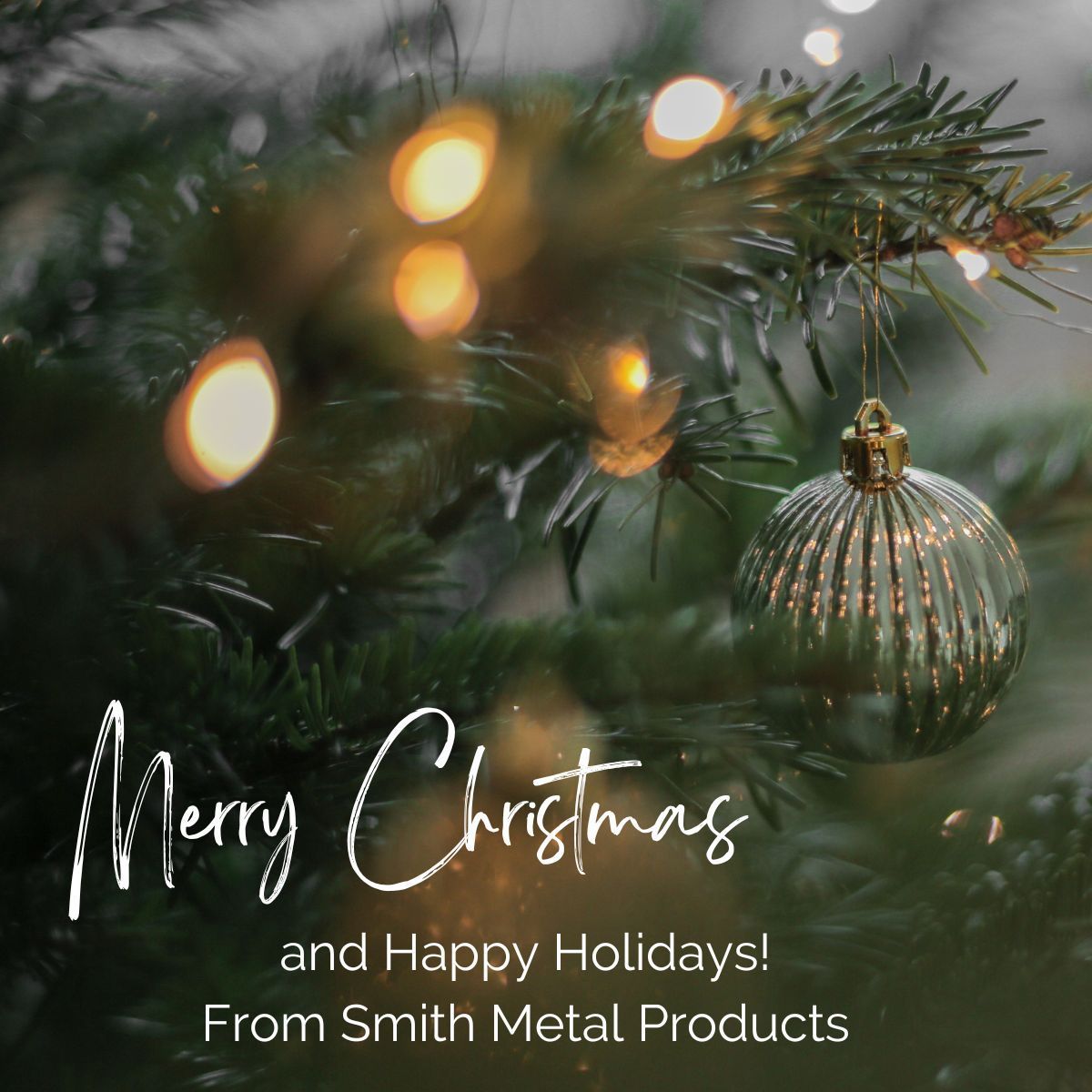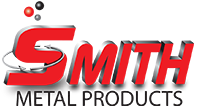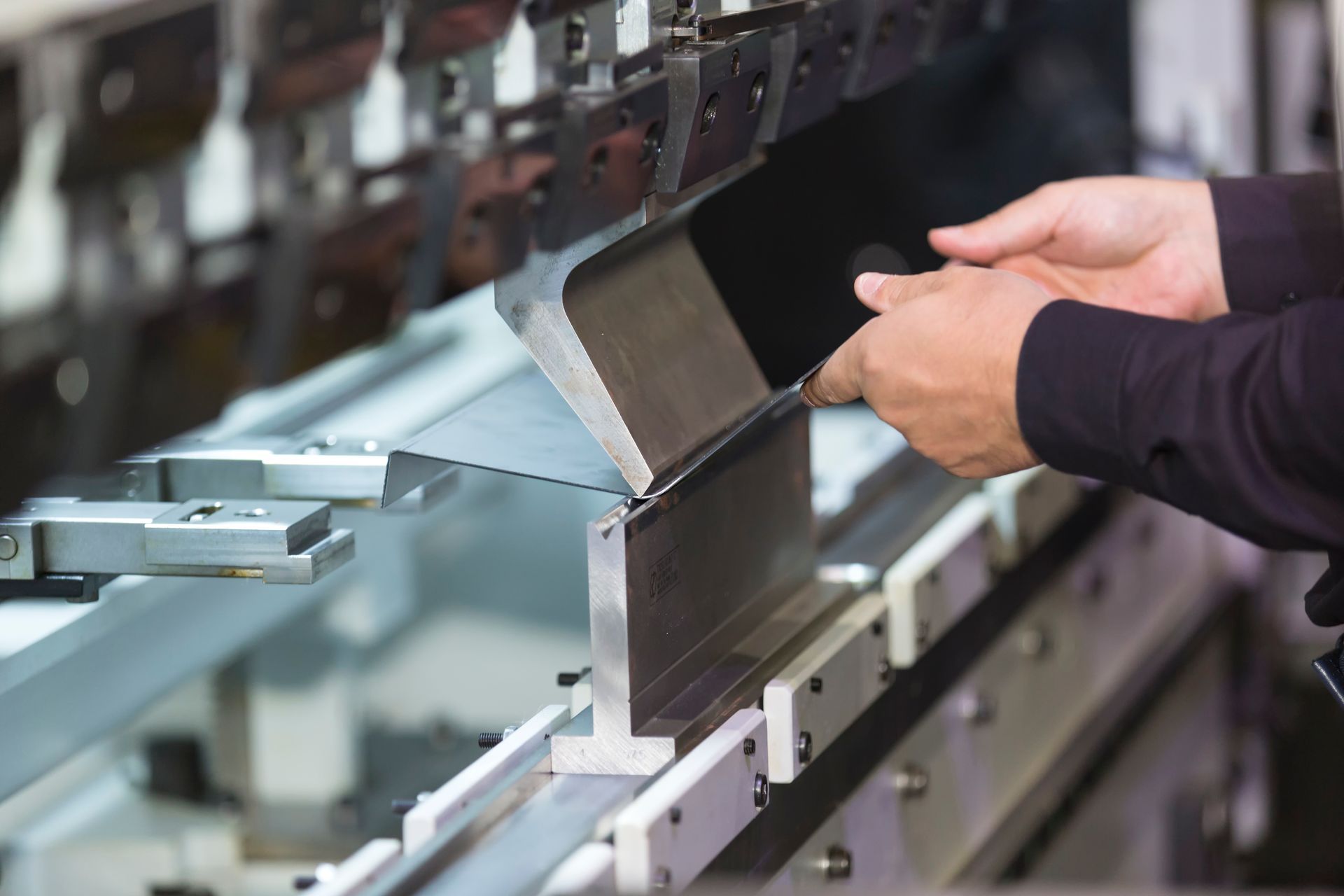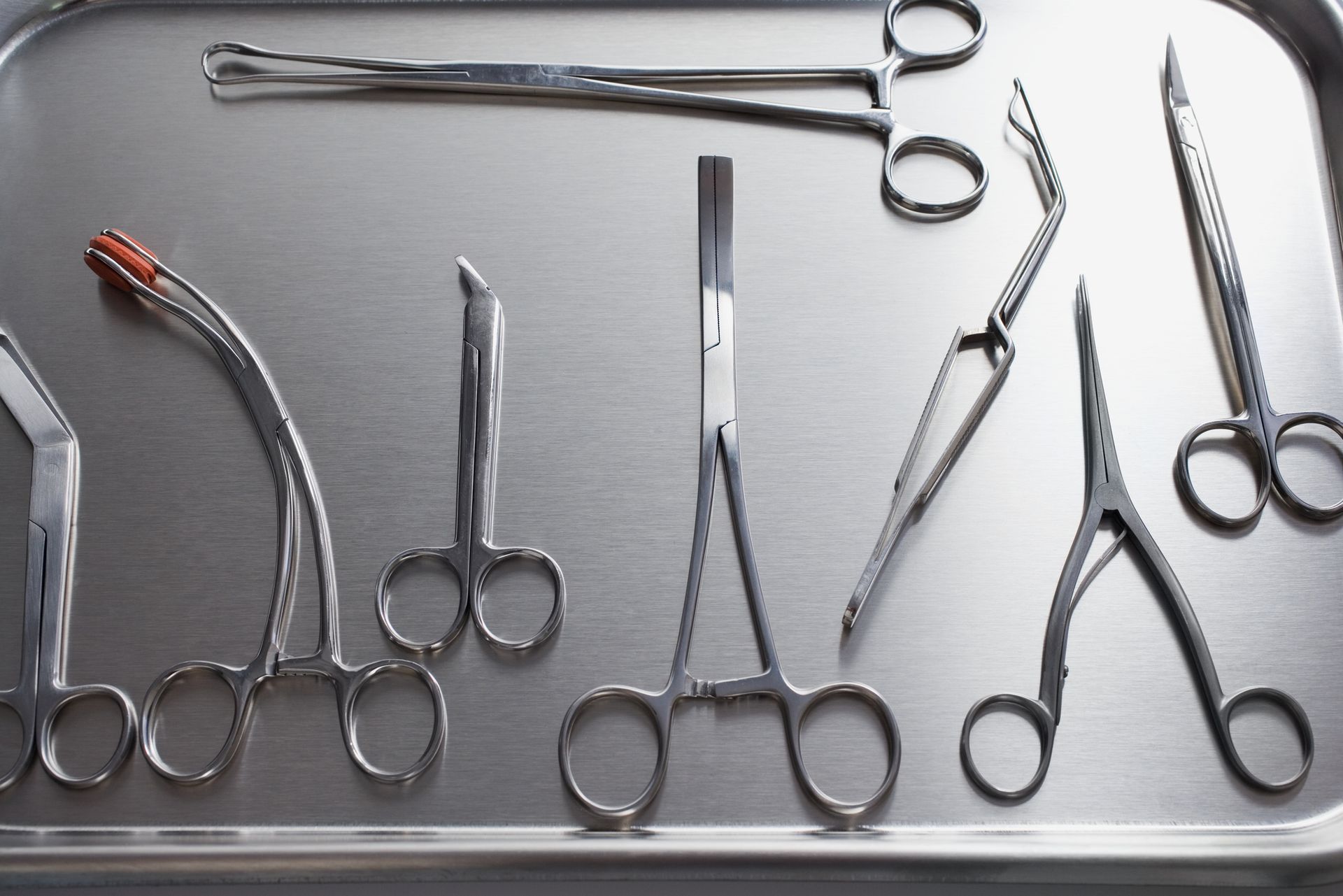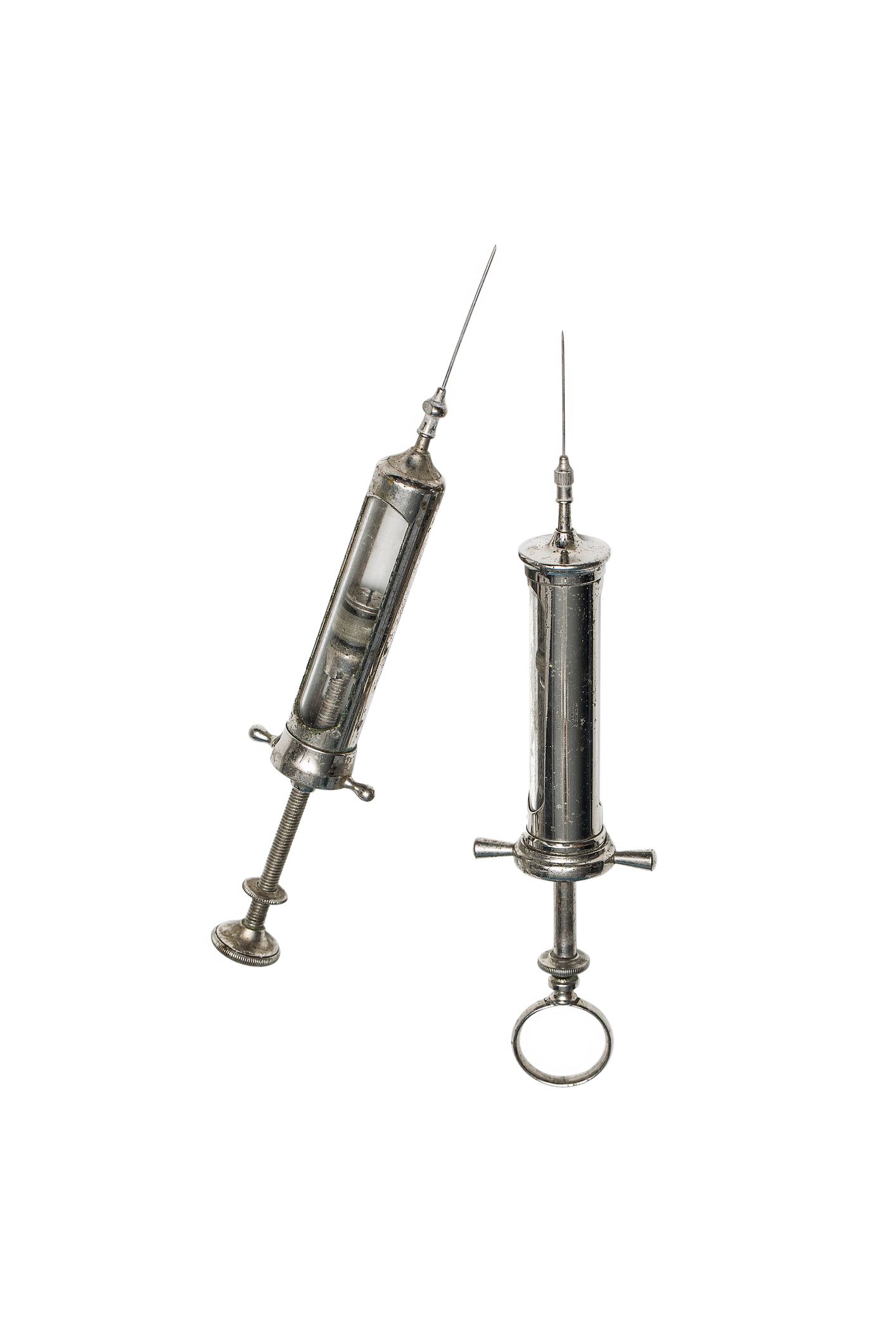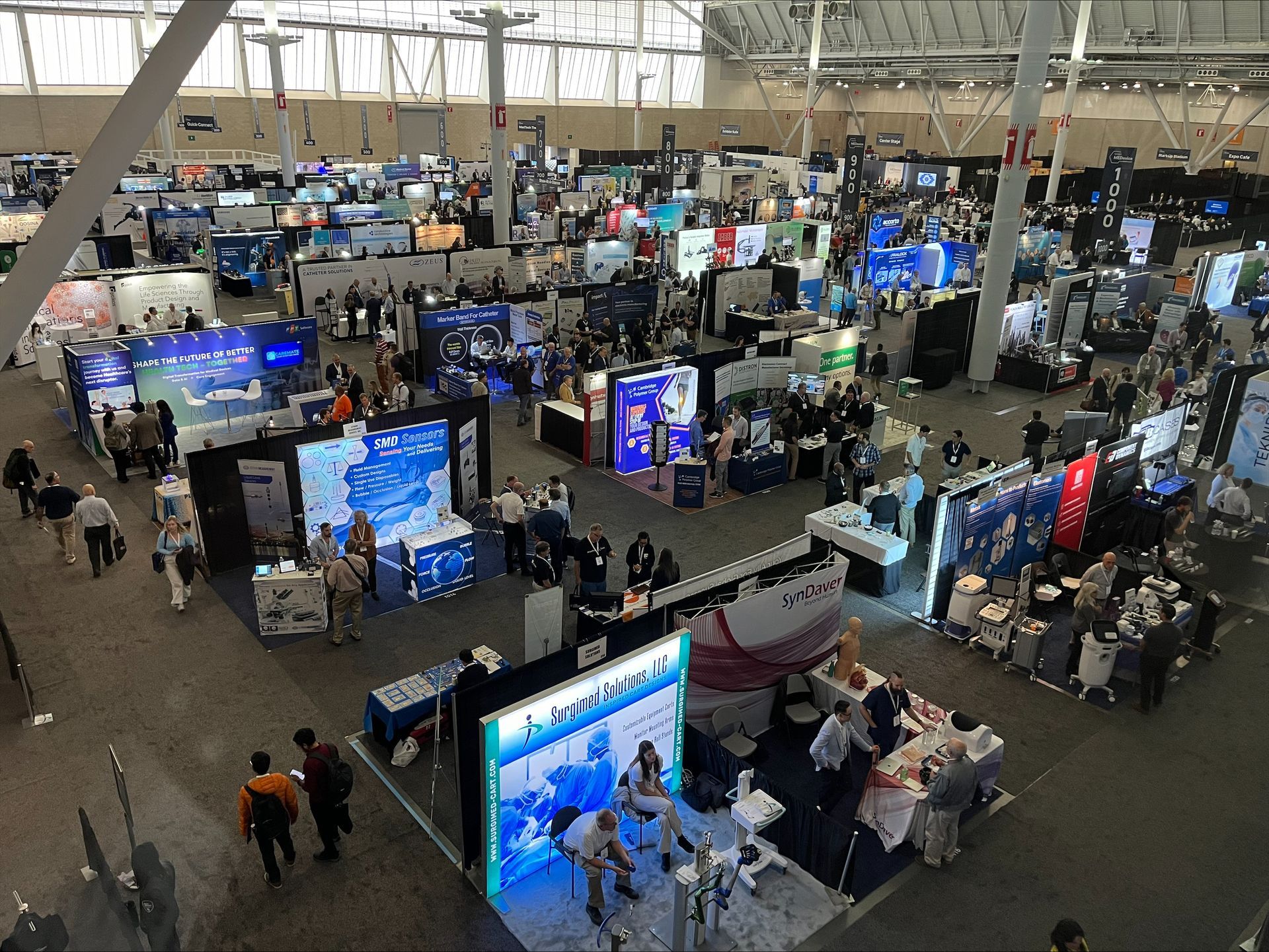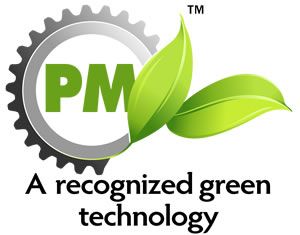San Francisco, CA, renowned for its thriving technology and innovation ecosystem, has witnessed a surge in demand for highly sophisticated micro-precision components. Producing these parts using traditional methods presents numerous challenges, especially given the high operational costs associated with manufacturing in the Bay Area. Increasingly, local manufacturers are seeking transformative solutions, and metal injection molding provided in San Francisco, CA, is at the forefront. Smith Metal Products offers this efficient, scalable method, which is redefining the region's approach to precision manufacturing, delivering exceptional results for industries ranging from electronics to aerospace, defense, and IoT.
The Traditional Precision Parts Manufacturing Challenge
The quest for micro-precision parts is nothing new in San Francisco, CA’s dynamic industrial landscape. Traditional manufacturing techniques—such as CNC machining, investment casting, and stamping—often fall short when tasked with producing extremely intricate, small-scale geometries. These methods can result in high material waste, extensive labor requirements, long lead times, and fluctuating quality. In regions like San Francisco, CA, where facility rents, skilled labor, and material costs are significantly higher than the national average, these problems are magnified.
For companies developing the next generation of electronics, sensors, or medical devices, even the smallest defects or inconsistencies can render entire batches unusable, jeopardizing product launches and bottom lines. This pressure is especially acute for startups and high-growth enterprises based in the Bay Area that are looking for efficient ways to move to mass production without sacrificing quality or cost control. It has become abundantly clear that a new approach is necessary—one that mitigates the inherent drawbacks of legacy manufacturing methods.
This is where metal injection molding steps in as a game-changer, offering San Francisco, CA, manufacturers a way to overcome traditional limitations and seize new opportunities in precision parts manufacturing.
What Is Metal Injection Molding?
Metal injection molding—or MIM—is an advanced manufacturing process that blends traditional powder metallurgy with plastic injection molding technology. The process involves mixing fine metal powders with a binder to create a feedstock, which is then injected into a mold cavity under high pressure. After forming, the binders are carefully removed, and the parts undergo sintering, resulting in dense, high-strength metal components with exceptional precision.
Unlike conventional manufacturing processes that require cutting, machining, or stamping parts from blocks of metal, metal injection molding allows manufacturers in San Francisco, CA, to create intricate designs in a single molding cycle. This is especially advantageous in applications where complexity, tight tolerances, and repeatability are critical. Electronics, aerospace, defense, and IoT companies in the Bay Area increasingly rely on MIM for their most demanding projects.
Overcoming High-Cost Regional Barriers With MIM
One of the biggest advantages of metal injection molding is its ability to address the high operational costs endemic to San Francisco, CA. Real estate prices, labor rates, and utility costs are all major concerns for manufacturers. With traditional manufacturing approaches, each additional process—be it cutting, finishing, or assembly—translates to higher costs.
Metal injection molding provides a streamlined solution. By consolidating multiple manufacturing steps into a single operation, it drastically reduces labor requirements and production time. It also minimizes material usage, as parts are formed to near-net shape, reducing scrap and post-processing expenses. The result? Lower unit costs, reduced waste, and faster turnaround, making MIM a cost-effective choice for precision parts manufacturing in even high-cost markets like San Francisco, CA.
This efficiency empowers startups, small businesses, and established corporations alike, enhancing their competitiveness without forcing them to sacrifice quality or scale.
The Benefits of Metal Injection Molding for Manufacturers
San Francisco, CA’s market for micro-precision parts is bustling, yet challenging. Here’s how metal injection molding is delivering value:
Tighter Tolerances
Metal injection molding offers unparalleled control over part dimensions, enabling manufacturers to achieve extremely tight tolerances—down to microns. This is paramount for applications in electronics, medical devices, aerospace, and defense, where precision directly impacts performance and safety.
Lower Waste
Unlike subtractive manufacturing processes that start with a metal billet and machine away excess material, MIM produces parts to near-net shape. The minimal waste generated not only contributes to cost savings but also supports sustainability goals—a major focus for many San Francisco, CA, companies.
Excellent Surface Finish
With MIM, surface finish quality is consistently high, often eliminating the need for secondary finishing operations. This is particularly beneficial for aesthetic or functional components used in consumer electronics, IoT devices, and luxury goods produced in San Francisco, CA.
Scalability and Mass Production
One of the defining strengths of metal injection molding is its scalability. Once the initial mold and feedstock formulation are developed, manufacturers can produce thousands—even millions—of identical parts with speed and repeatability. This mass production capability is a boon for companies in the Bay Area with ambitious growth plans, facilitating rapid market entry and expansion.
Industries Benefiting From Metal Injection Molding in San Francisco, CA
MIM’s versatility means it is particularly well-suited to the needs of the Bay Area’s diverse industries:
- Electronics: Micro connectivity devices, sensor housings, and shielding components benefit from MIM’s precision and cost efficiency.
- Aerospace: The ability to produce strong, lightweight, complex geometries supports innovation in aircraft and satellite manufacturing.
- Defense: High-reliability weapon components, structural elements, and sensing devices require MIM’s tight tolerances and strength.
- IoT and Tech Startups: Compact form factors and high-volume scalability power the next wave of smart devices and connected technologies.
San Francisco, CA’s unique economy—where speed, quality, and lean operations are essential—makes metal injection molding a strategic tool for product designers and engineers.
The MIM Process: Full Production
One of the most empowering attributes of metal injection molding is its adaptability across the product development cycle. In San Francisco, CA, innovative companies use MIM for everything from mass production. The process is as follows:
1.
Design & Tooling: Engineers create CAD designs to capture even the most complex details. Molds are then precision-fabricated.
2.
Feedstock Preparation: Metal powders are blended with binders to obtain optimal flow during injection.
3.
Injection Molding: The feedstock is injected into the mold, replicating intricate features with consistency.
4.
Debinding & Sintering: Binders are chemically or thermally removed, and parts are sintered to achieve their final density and mechanical strength.
5.
Secondary Operations (Optional): Parts are optionally finished, coated, or assembled, often requiring minimal post-processing.
This iterative, scalable process means San Francisco, CA, manufacturers can quickly respond to market demands, customer feedback, and evolving technologies.
Why MIM Is the Future of Precision Manufacturing in San Francisco, CA
The Bay Area’s manufacturers face constant pressure to innovate, scale efficiently, and deliver flawless products.
Metal injection molding provides San Francisco, CA, businesses with a powerful solution, overcoming the limitations and high costs of traditional manufacturing. Whether creating complex aerospace components, micro connectors for electronics, or robust IoT device housings, MIM offers unmatched advantages: tighter tolerances, reduced waste, exceptional surface finish, and mass production capability.
With local expertise and global reach, metal injection molding will play a pivotal role in helping San Francisco maintain its status as a world leader in technology and advanced manufacturing.
Harness the Power of Metal Injection Molding Today!
Manufacturers—if you’re ready to elevate your precision parts production with metal injection molding provided in San Francisco, CA, now is the time! Whether you’re in electronics, aerospace, defense, or the fast-growing IoT industry, our team is ready to guide you through every step of the process. Contact us today to discuss your project needs and discover how MIM can unlock new levels of efficiency and quality for your business.
